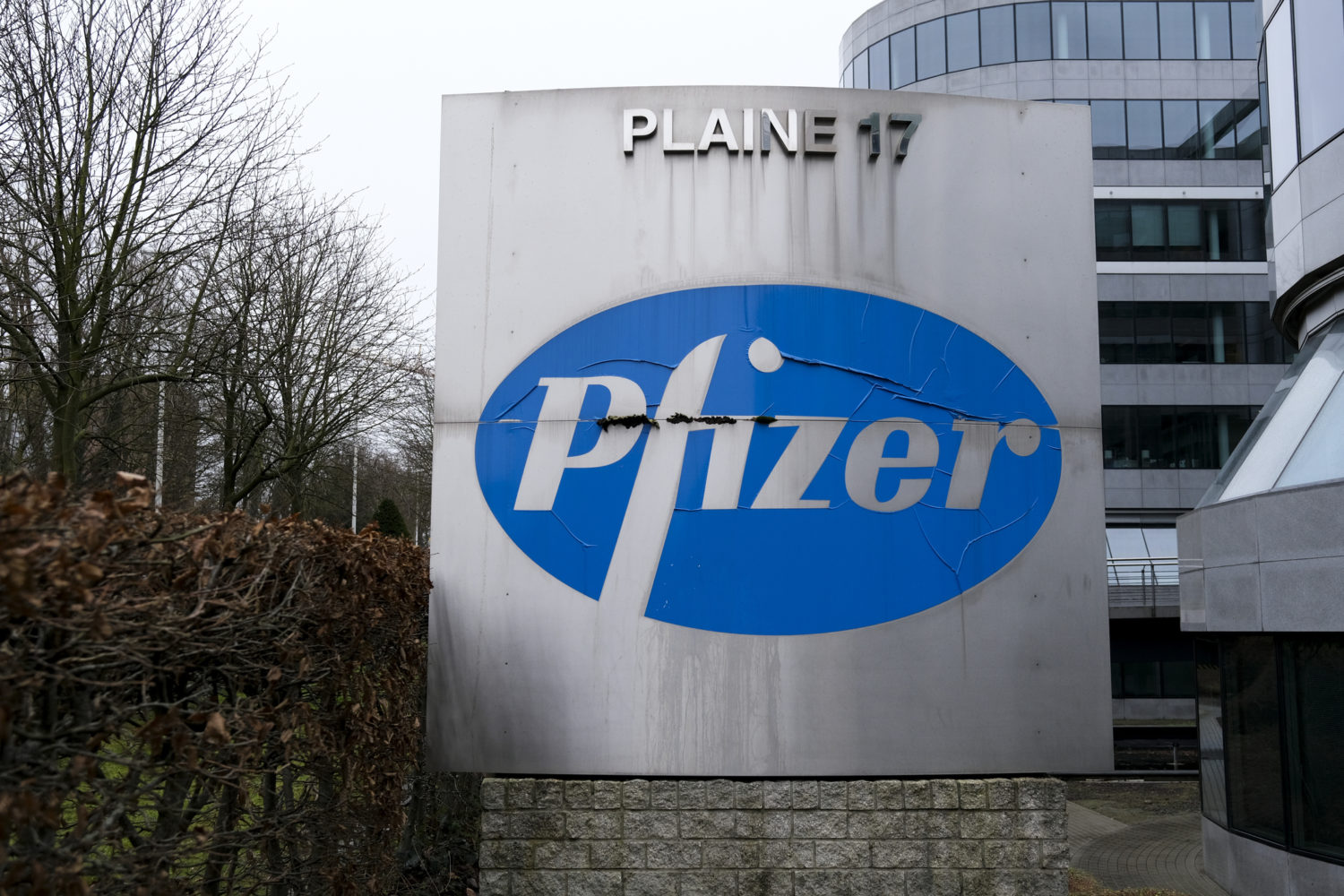The one-year-old, 38-page report of post-marketing data from Pfizer does not conceal crucial information about vaccine side-effects.

Picture: iStock
Health experts have urged members of the public not to worry about the Pfizer report which recently caused a stir on social media with many people suggesting that Pfizer knew its Covid vaccine caused more “adverse events” than previously stated.
According to epidemiologist Dr Jo Barnes, the one-year-old, 38-page report of post-marketing data from Pfizer does not conceal crucial information about vaccine side-effects. In addition, the number of adverse events reported were very low.
“This report is a formal obligation for manufacturers of vaccines and pertains to adverse events that may have been noticed after administration of the particular vaccine,” she said.
ALSO READ: Pfizer vaccine side effects: Much ado about nothing, here’s why
“It refers to really old data since it covers the period from 1 December 2020 to 28 February 2021 and thus does not include, for example, the time when omicron infections were prevalent.”
Barnes said the vast majority of the events reported were not what was termed as “adverse events of special interest”, or what could be seen as serious cases.
However, one couldn’t deduct from the data that any particular adverse event were caused by the vaccine.
She added: “The event may have been due to an underlying disease or some other factor such as past medical history or concomitant medication.
“All in all, the adverse events recorded in this report were very few, particularly when viewed against the number of deaths and the high prevalence of serious symptoms and even long-term adverse consequences of Covid itself.”
Science writer Edward Nirenberg debunked the myths and also explained the difference between side-effects, adverse events following immunisation and adverse events of special interest.
Nirenberg said what most people thought was a side-effect was more formally described as an adverse drug reaction (ADR) and for formal purposes, the term “side-effect” was best avoided.
“Adverse events (AE) are monitored regardless of whether you get the active agent or the placebo in a trial, and that information may be reported in package inserts. For example, Gardasil has a report on its package insert of gunshot wounds as an AE.
“In many clinical trial designs, there is blinding, so you don’t know in advance whether or not you get placebo or active agent, so you monitor everyone,” she said.
“Additionally, the placebo group helps you to see what is normal for similar people at similar times in similar places.”
Meanwhile, national department of health spokesperson Foster Mohale said they were studying the report which was released by the US Food and Drug Administration as part of a recent US court order.
“We also want to confirm that all vaccines are approved by [the SA Health Products Regulatory Authority] for use in South Africa just like any other medical health products have been tested for both safety and effectiveness.”
Download our app